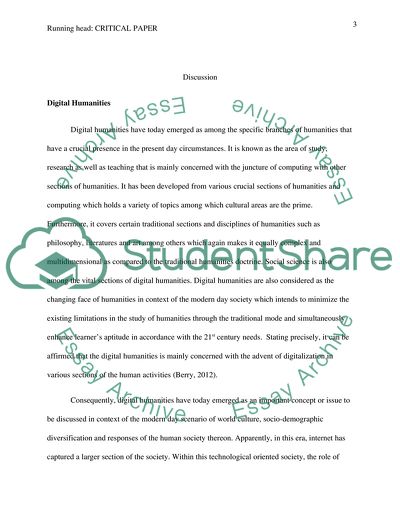Cite this document
(The Role of the Discipline of Humanities in the Society Term Paper, n.d.)
The Role of the Discipline of Humanities in the Society Term Paper. Retrieved from https://studentshare.org/sociology/1621790-critical-paper
The Role of the Discipline of Humanities in the Society Term Paper. Retrieved from https://studentshare.org/sociology/1621790-critical-paper
(The Role of the Discipline of Humanities in the Society Term Paper)
The Role of the Discipline of Humanities in the Society Term Paper. https://studentshare.org/sociology/1621790-critical-paper.
The Role of the Discipline of Humanities in the Society Term Paper. https://studentshare.org/sociology/1621790-critical-paper.
“The Role of the Discipline of Humanities in the Society Term Paper”. https://studentshare.org/sociology/1621790-critical-paper.


